Self-esteem: too often neglected in training
Last week I gave a development-level training session to coaches. One of the aspects discussed was self-esteem. We talked about actions to take with young people who are more self-effacing or even with those who disrupt the group. These behaviours demonstrate a lack of self-esteem. Performance anxiety or poor eating habits can be the culprit.
Let’s begin with performance anxiety. How can it be it be prevented? The answer lies with planning. Having a training plan that includes achievable, measurable goals allows one to know the skier’s real progress and to define the key technical factors that need work.
Examples of short- and medium-term objectives:
- I want to finish in the top 10 of regional classification;
- I want to finish at least three races among the top 30 during the season;
- I have to finish six runs out of eight in slalom at the next training session;
- I have to complete at least nine runs during the training session;
- I have to be able to touch the ground during 10 turns in the exercise.
Examples of key performance factors:
- The sharpness of my skis must be perfect before every training session;
- I have to maintain separation at the end of the turn to be faster on the outside ski in the next turn in slalom;
- I have to be able to accelerate at the appropriate times in the race instead of controlling my speed;
- I have to eat properly during the exercises to retain an optimal level of energy.
The element of measurement allows one to know the success rate and thus to evaluate the progress of the training. This can provide the athlete with a great deal of reassurance in terms of their learning and help reduce their anxiety.
As far as nutritional behaviours are concerned, they are often influenced by the perception of physical appearance that the coach transmits to their athlete. Alpine skiing is not a discipline in which body genetics are a determinant of success, as they are in gymnastics, dance and figure skating.
Nonetheless, we are not immune from making from useless, degrading remarks which can have a devastating effect on athletes. Nutrition in sports should be associated with the desired performances.
This key success factor must be tackled in a group setting. The young people must be sensitized to the influence of healthy, appropriate nutrition. The expectations must be defined at the very beginning of the training plan, so that the athletes understand that their coach’s advice is related to set goals and not to their physical appearance.
The coach plays an extremely important role in the mental development of the skiers they’re entrusted with. Whether it’s for the organization of dry-land activities, definition of goals, or for recommendations related to physical condition, it’s sometimes a thin line between an effective tip that’s beneficial to the athlete and a badly stated comment that will affect their self-esteem. In other words, it is extremely important that the coach be aware of this and be careful in the suggestions they make.
More from this author by clicking on his picture below


Jocelyn Huot30 Posts
Entraineur Chef du Club de ski Mont-Tremblant Entraineur Niveau 4 certifié FESC / PNCE Niveau 3 de l'Alliance des moniteurs de ski du Canada Formateur pour Alpine Canada depuis 2007 Head coach of the Mont-Tremblant Ski Club Leve 4 FESC/PNCE – certified coach, Level 3 CSIA/AMSC – certified instructor

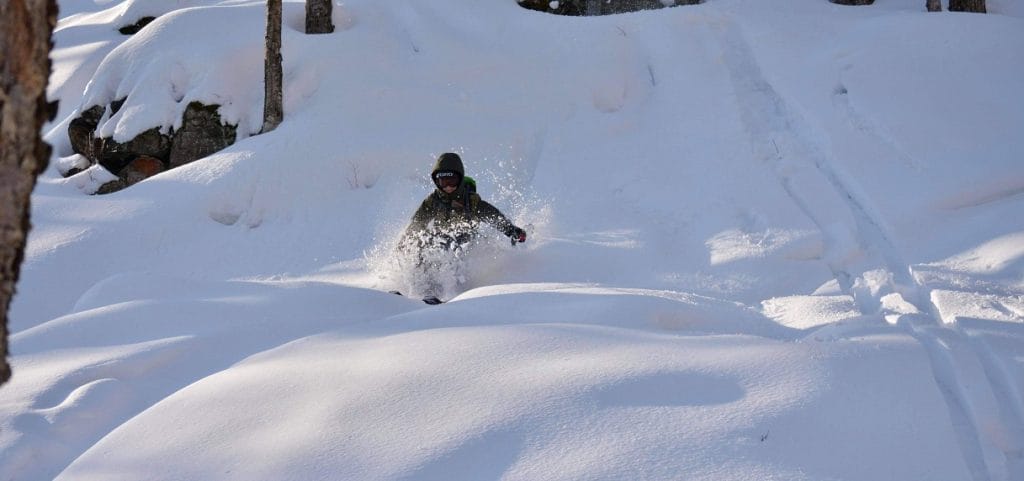

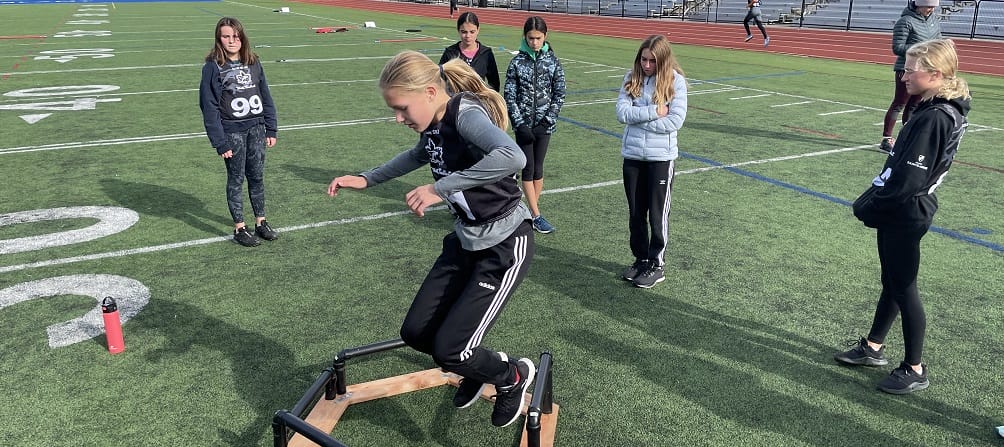


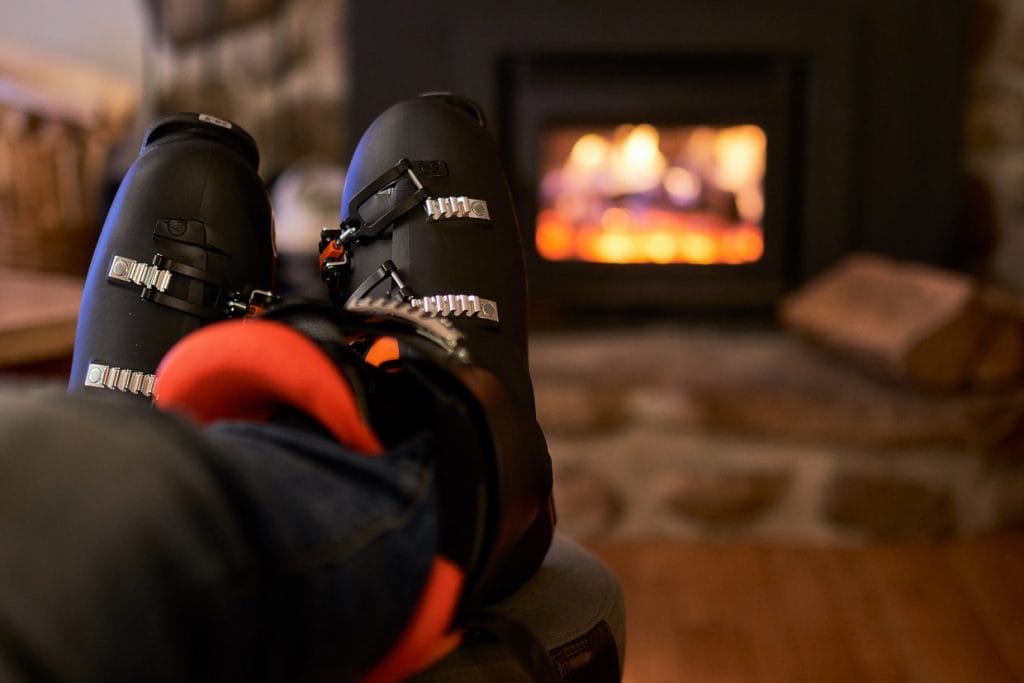
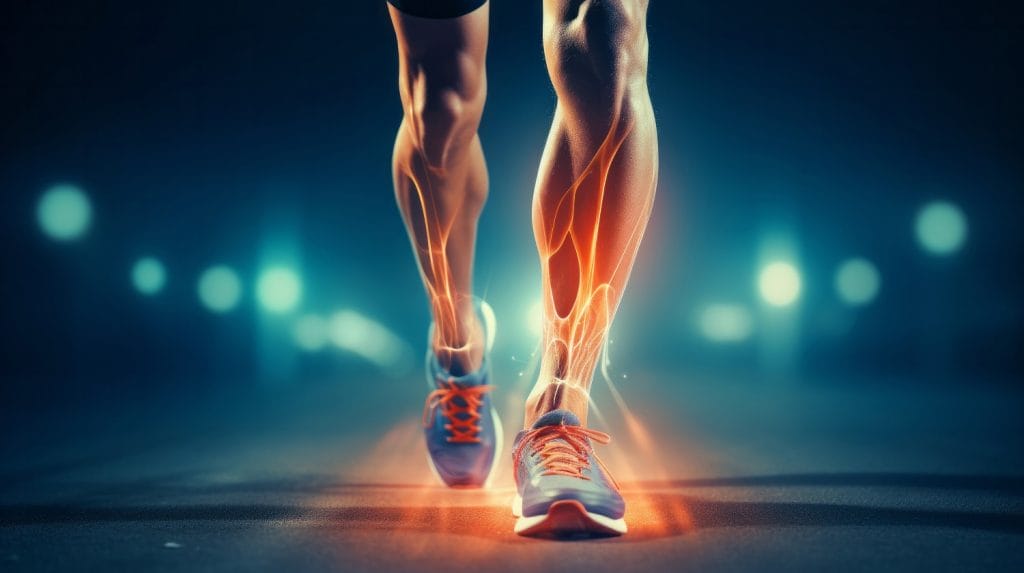

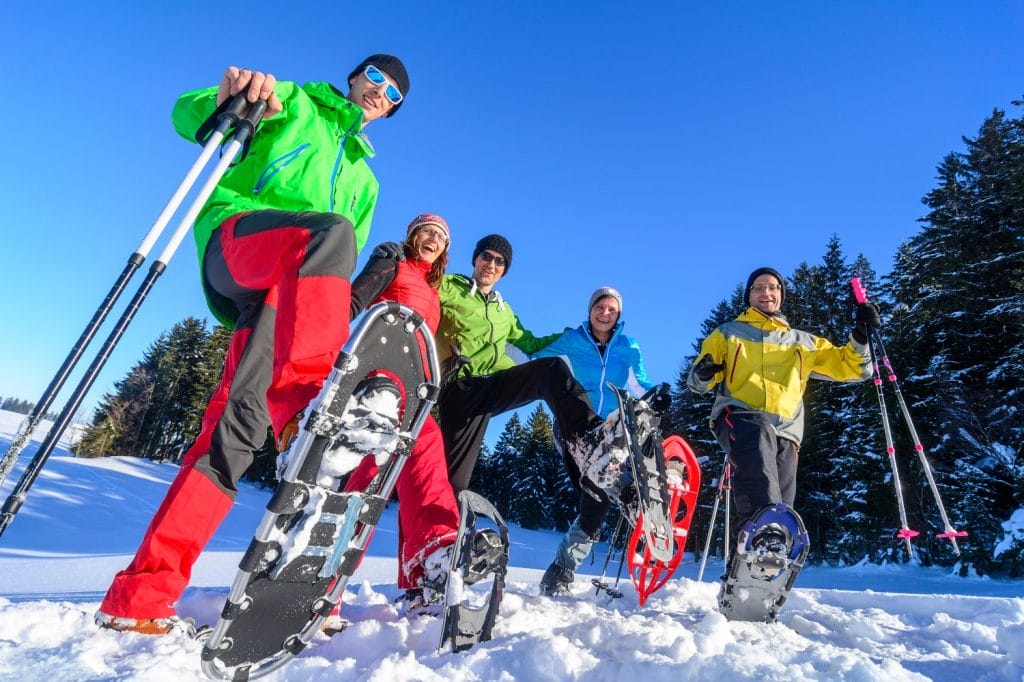
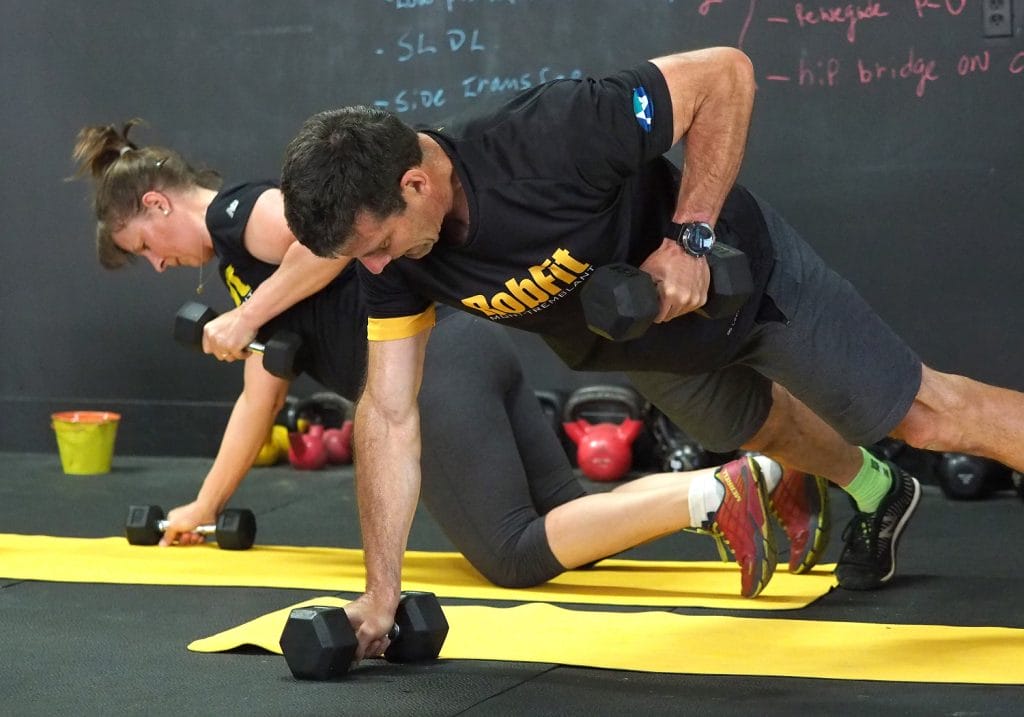
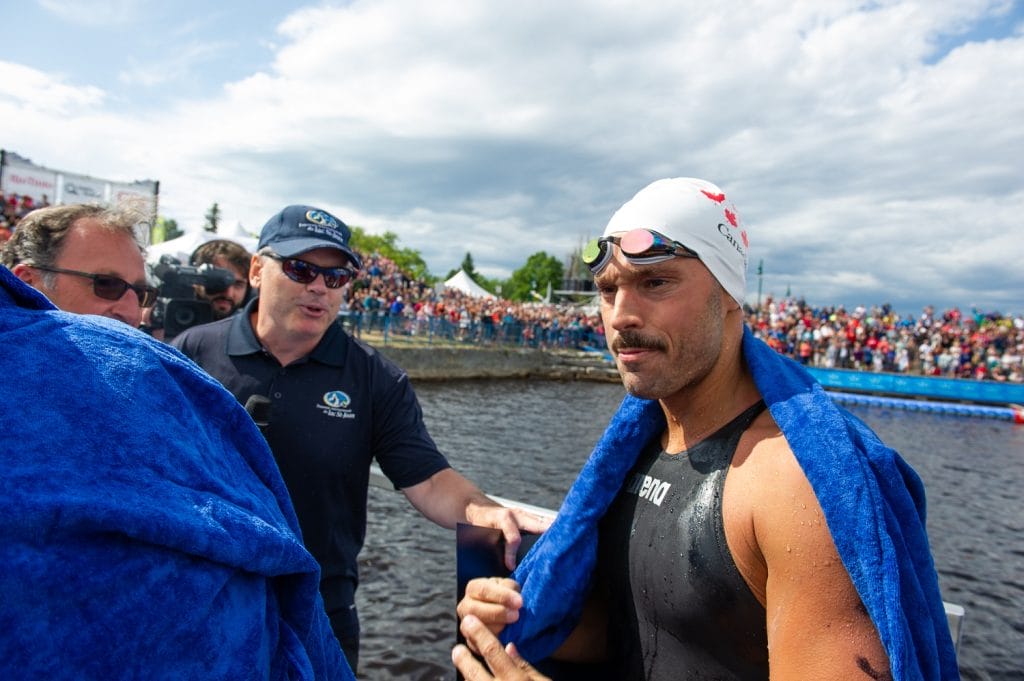
0 Comments